Dale Erquiaga's book, “Three Wives Tales,” is a compilation of stories handed down to him by his mother and other family members which he describes as a collection of “ historical fiction, oral history, and personal memoir.” During a recent event held on October 25 at the Churchill County Library attendees were able to participate in a conversation with Dale to discuss his book.
The three women in the book are Dale's mother Annie Erquiaga, and his two grandmothers Victoria Rubianes and Eladia Erquiaga. After saying he had grown up in Fallon, Dale then asked “How many here knew my mother?” and most hands went up. “Wow, and some of you are related to my mother, or even knew one of my grandmothers.” He said his family came to America in waves, great-grandparents on his mother's side first. Some years later, his grandmother on his father's side came to Winnemucca, then his grandfather came by himself, then fought in World War I to make money. Dale said they were paid in gold back then which his grandfather took back to his family still in Spain. After the war ended and the Spanish flu hit, the family moved back to America. Dale said his family referred to the flu as the swine flu, “because we were Spanish after all.”
Library Director Carol Lloyd moderated the event, and after introductions were made Allison Diegel, Erquiaga's niece, read the book's prologue to the group. Annie, one of the wives in the book was Diegel's grandmother. Allison said Dale had told her that if words from the book were to be read aloud, it should be done by a woman related to her grandmother. Allison had read one other time, Dale's daughter Morgan had read once, and a third cousin said she would only read when Dale writes a picture book. The prologue opens in 1950 with a rehearsal wedding dinner scene that ends with a toast made by Annie the bride, “To the wives, me included.”
The novel describes how two Spanish Basque families came together, and their struggles to make lives for themselves as immigrants in America. The story weaves together actual events documented by Dale's mother and her sister Jessie along with a bit of Dale's storytelling. These two ladies interviewed all family members still alive at the time and combed through the family's written and oral recordings to accumulate the family history. They then wrote down everything they could remember about those that were deceased. Dale said, “What I've learned about memoirs is the way we remember things isn't necessarily how they happened. But mother put her story down in her own words, and it was very hard for me to write over her. She was my mom. So, I took her words and added dialogue, corrected a little grammar, then added some stories she had left out. But her voice is there. A lot of this really happened. And a lot of it didn't, I made it up to create a story.”
Carol Lloyd said what struck her was how strong and resilient the women in the book were. “What other commonalities were there? One of the women seemed more cheerful, but what else would you say they had in common?” Dale's response was, “All of them had great resilience. My grandmothers had a really tough go of it. My family was incredibly poor, both sides. There were times when they nearly starved to death. These were very strong women who held their families together. The three women were portrayed as archetypes in the book, one grandmother very serious, one very cheerful and superstitious. My mother, who had a high school degree and worked in the state capitol, all of that is true.”
Dale said his mother was also an artist and a writer who left him her compilation of the family's history which was the basis for his book. “All of the stories were about the boys in the family. So, when I sat down to write this book, I decided that they were all going in the background, and I pulled the women forward as the protagonists in the story and it wasn't easy because they didn't write about themselves.” Dale describes the book as a novel, and not a biography or memoir because he fictionalized the family history, embellishing it “to make it all hold together.” The effort was made to make the family history more accessible for the younger generations, and “so they wouldn't have to go through the apple crates of documents and ephemeral to learn about their family.”
“Three Wives Tales” won the 2020 Basque Writing Contest sponsored by the University of Nevada, Reno and Boise State University. The book can be purchased online from Amazon or the Center for Basque Studies Press. All proceeds benefit the Center for Basque Studies at UNR. The book can also be found at the Churchill County Library.


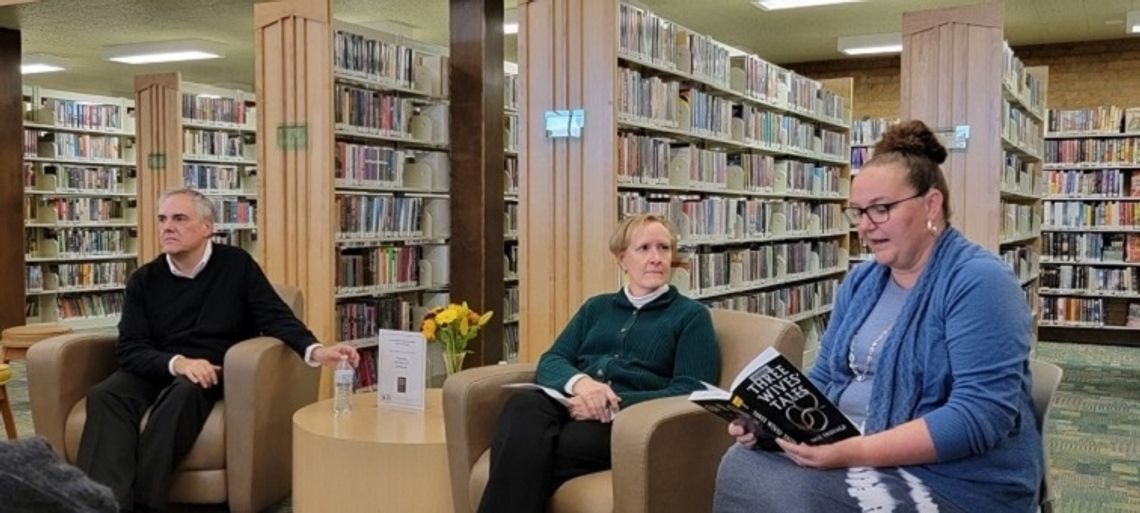
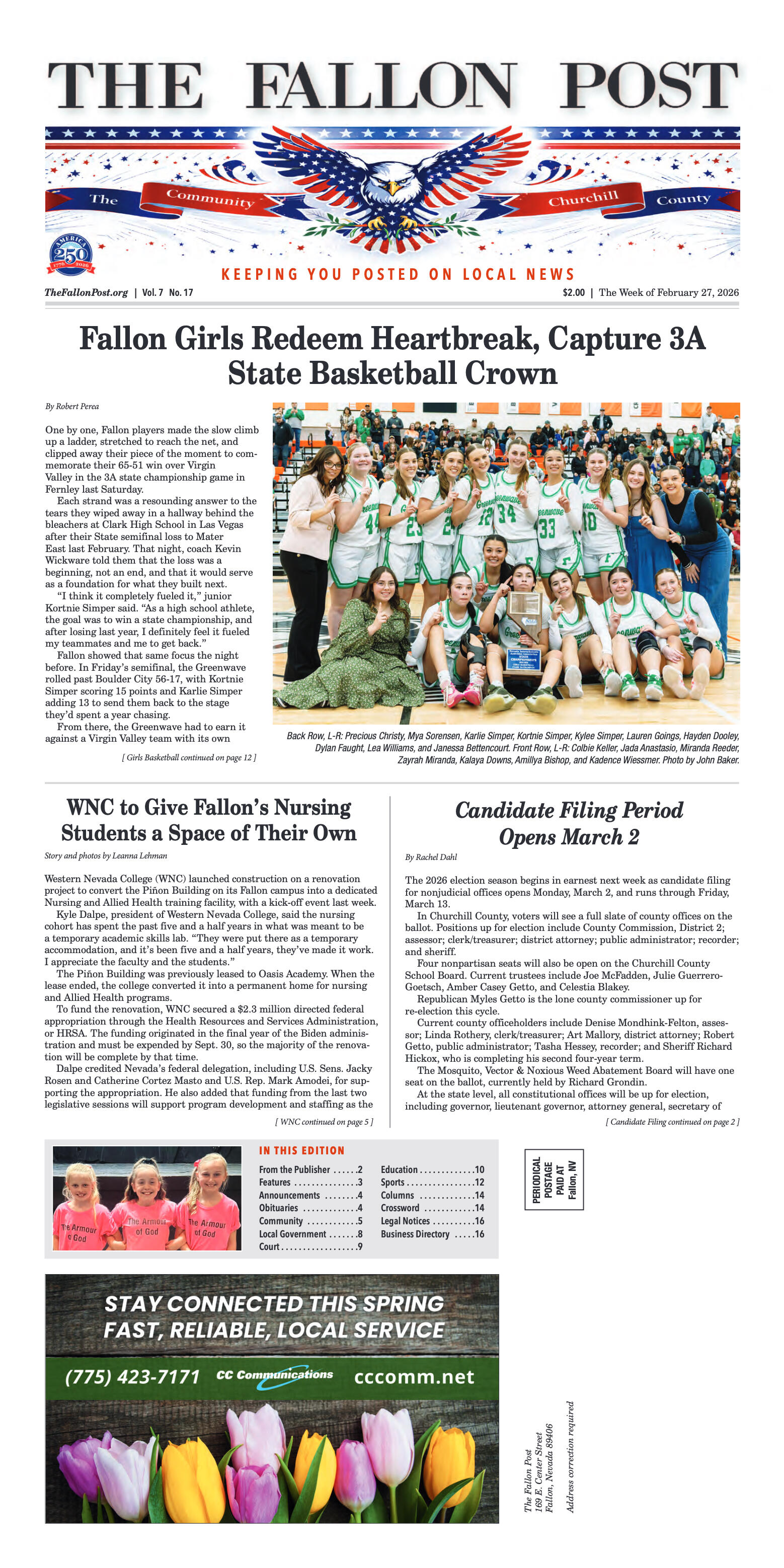
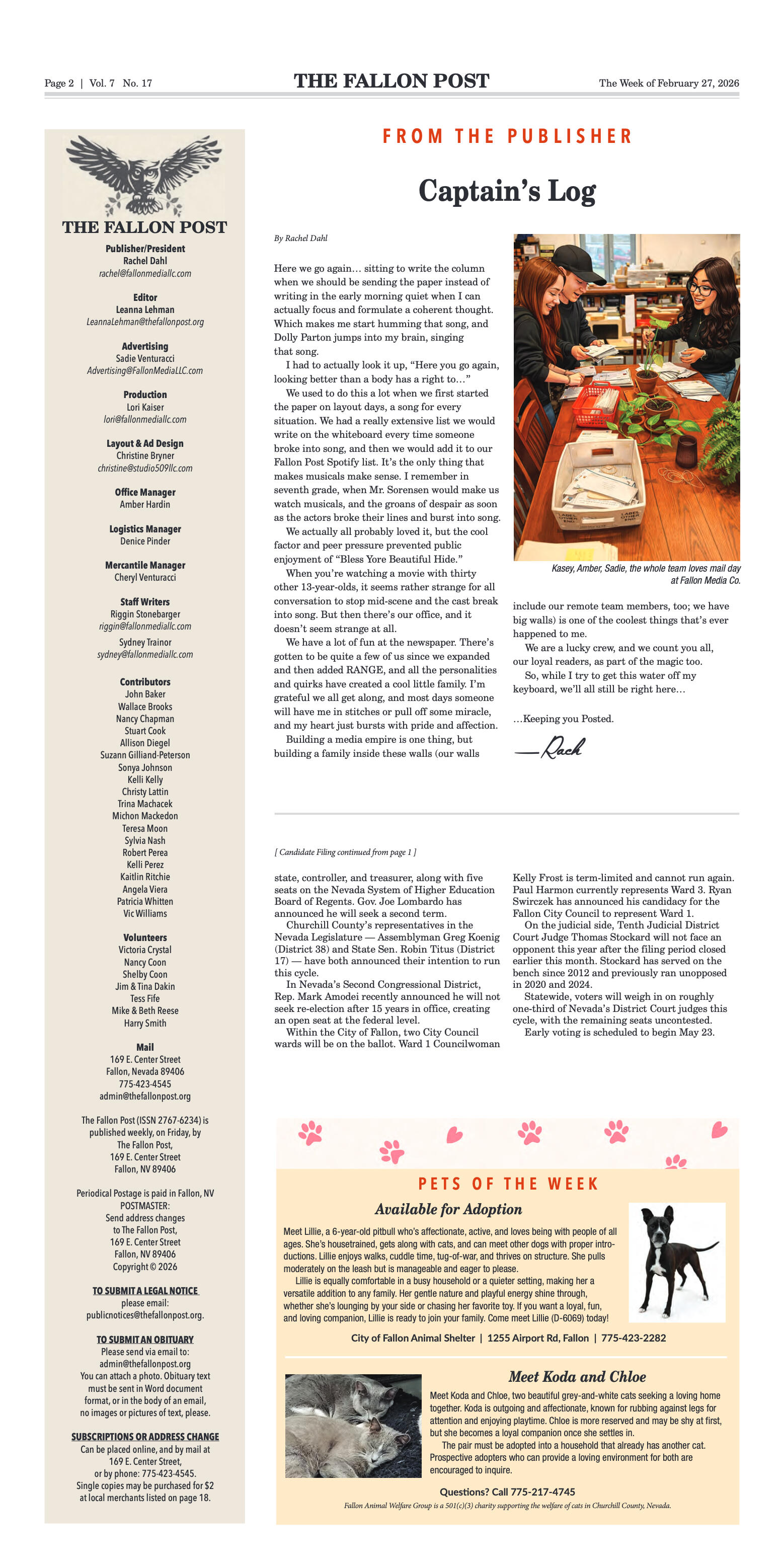
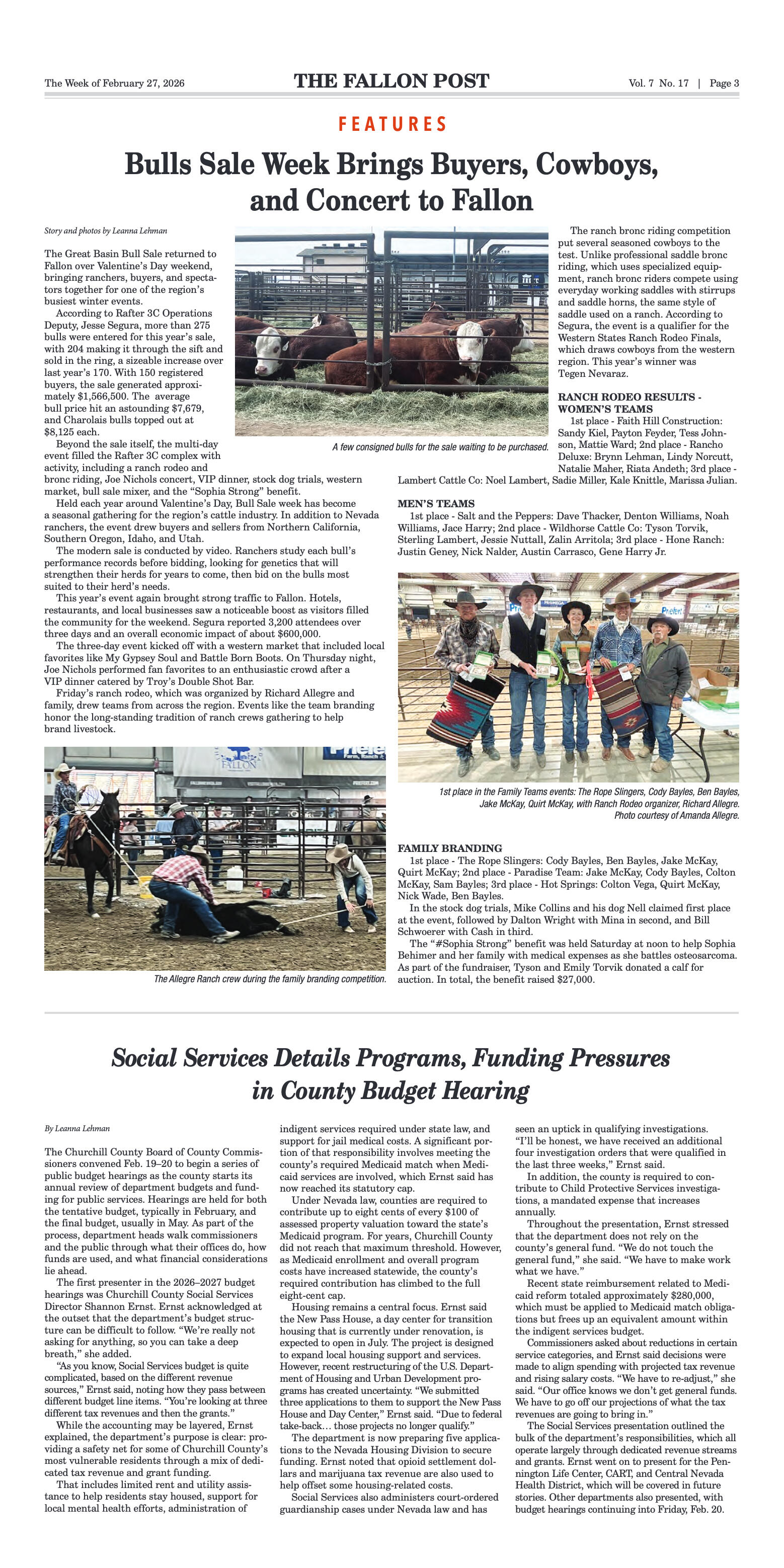
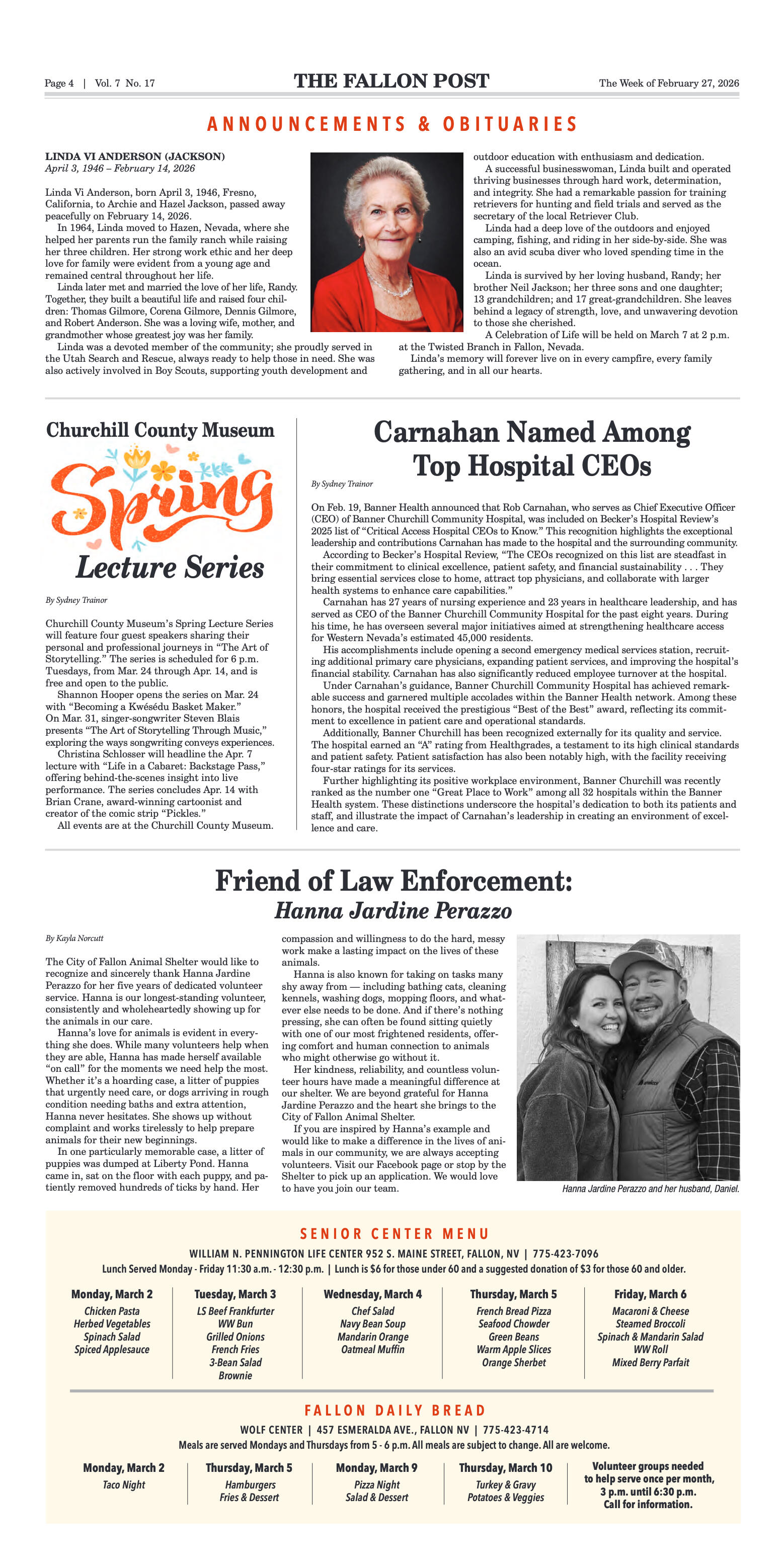
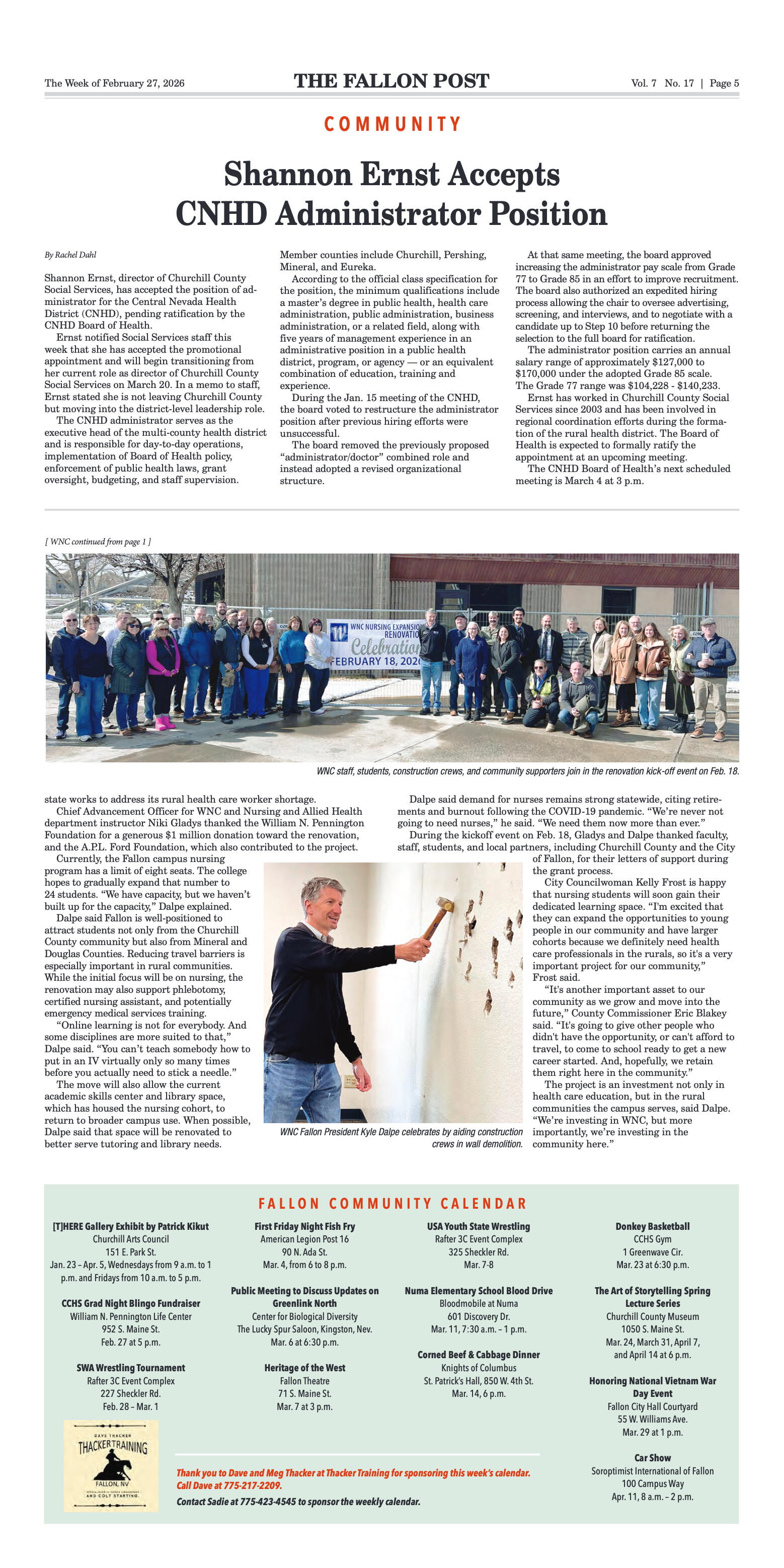
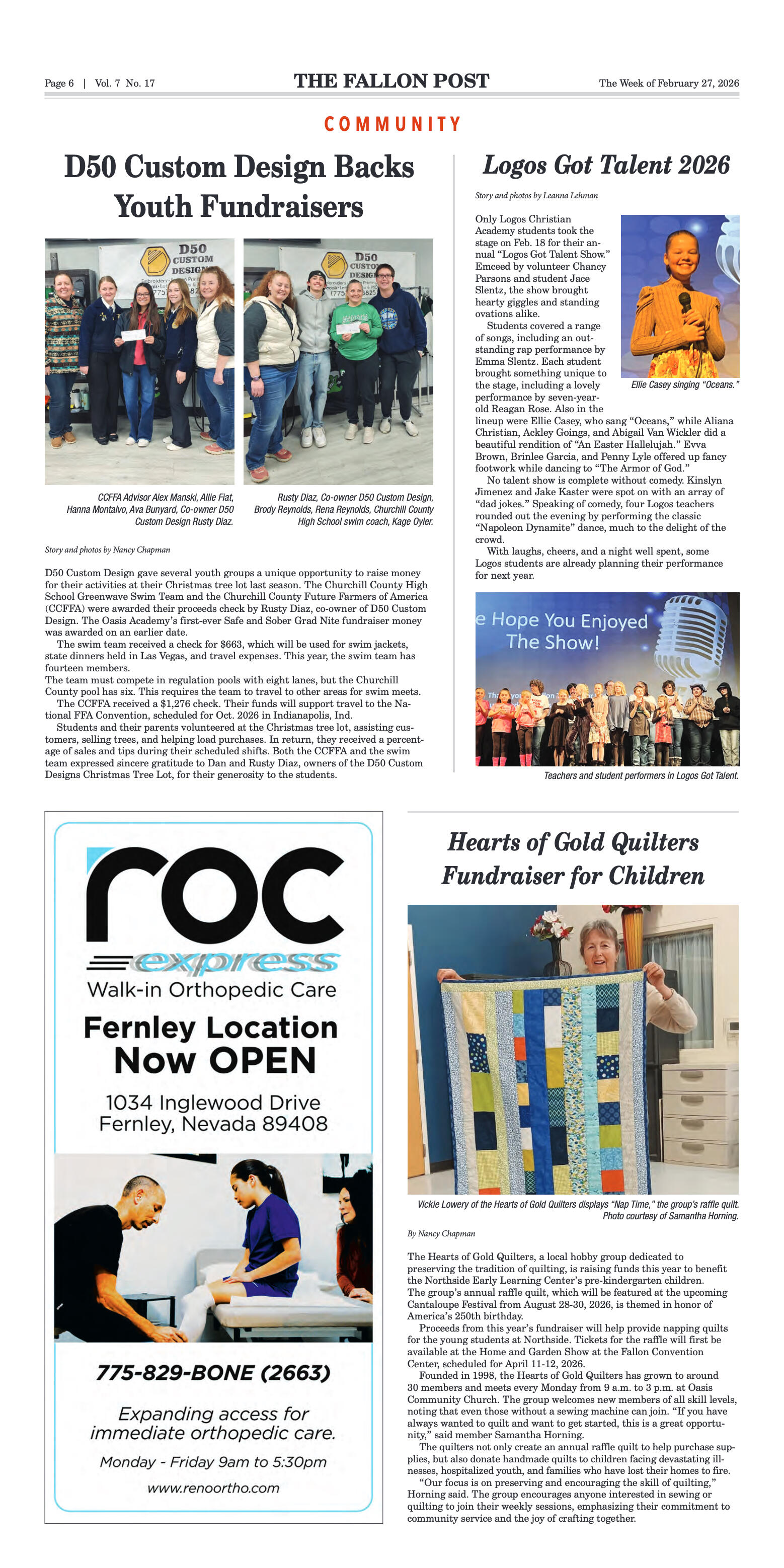
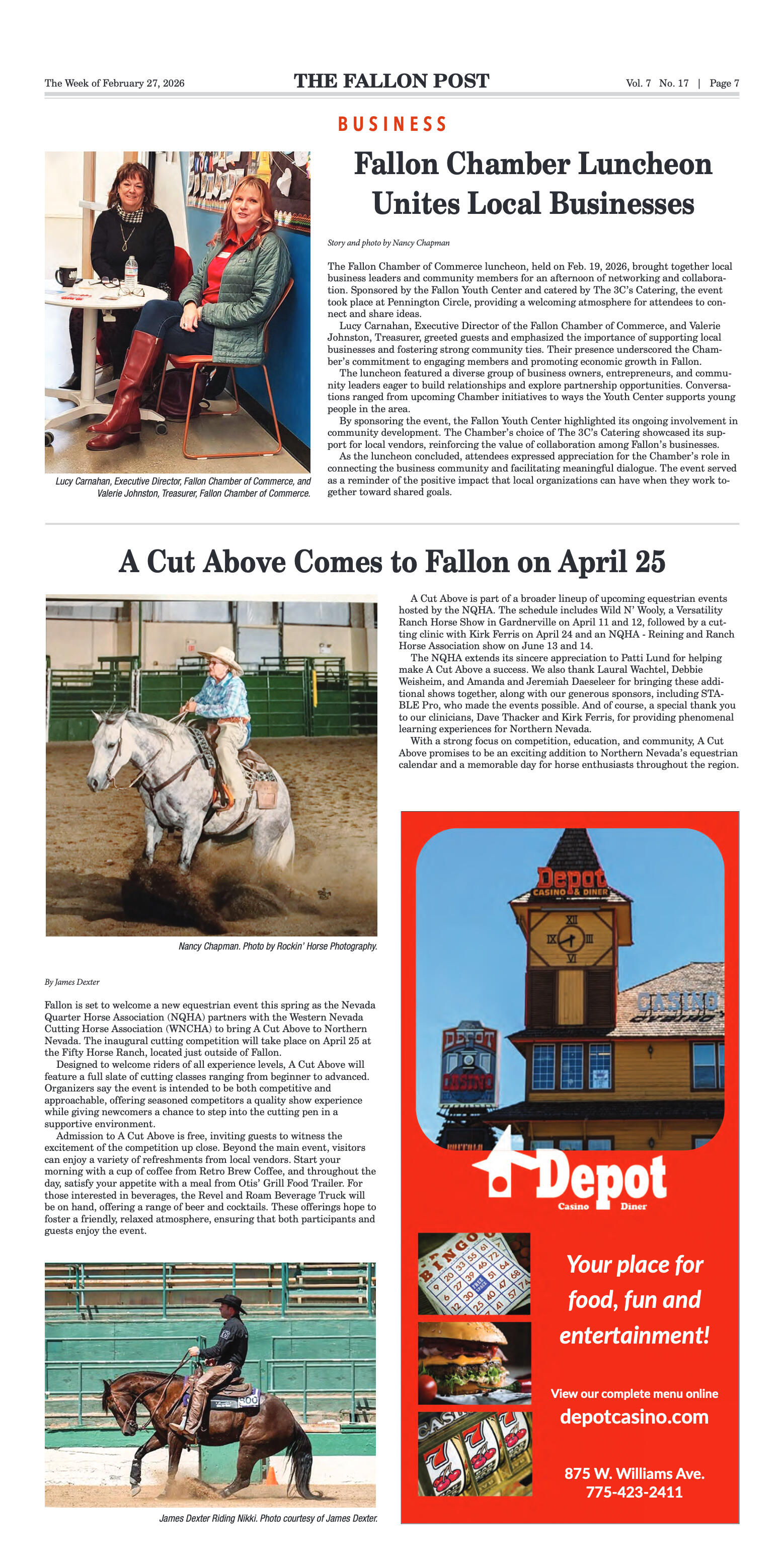
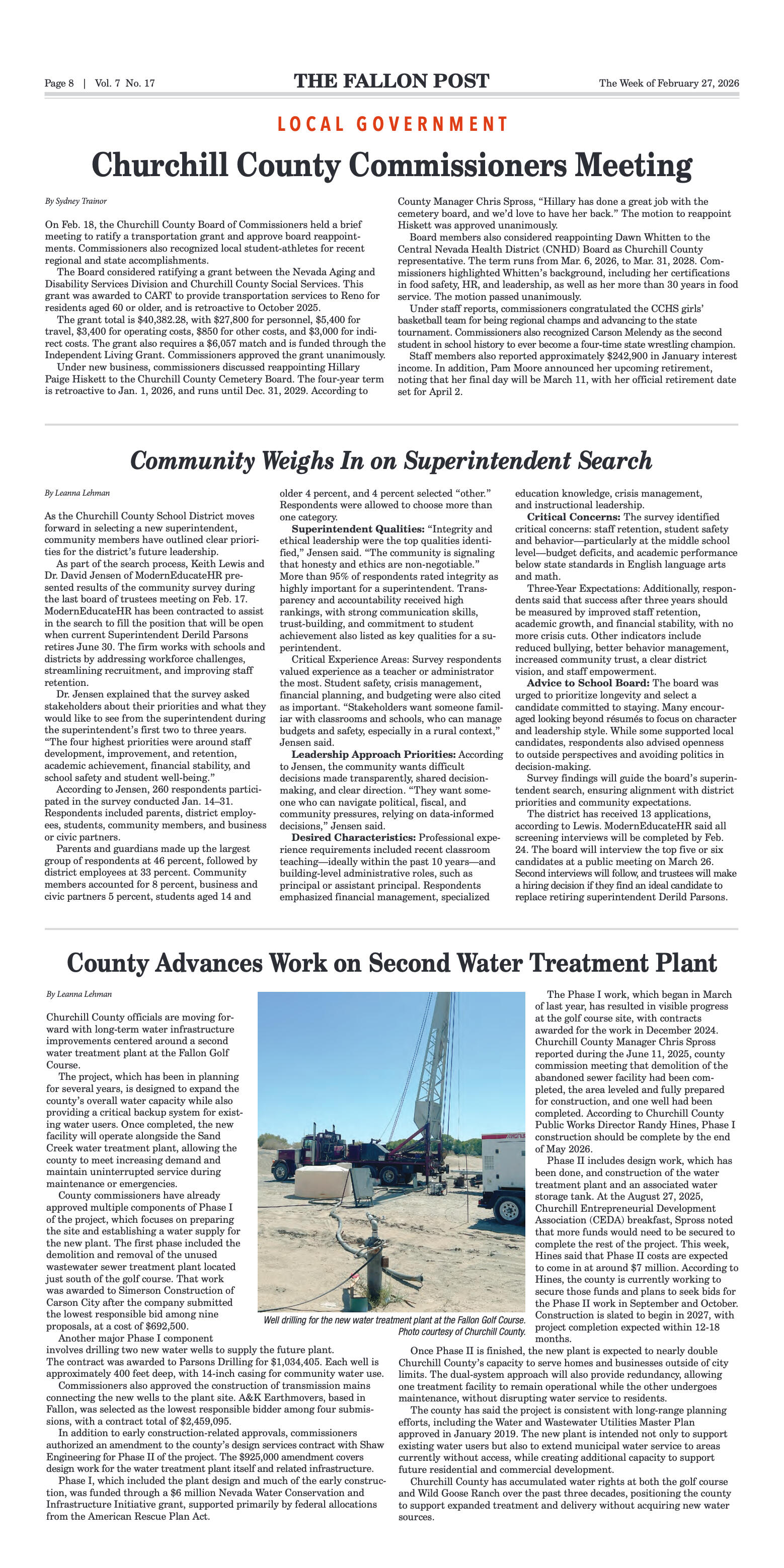
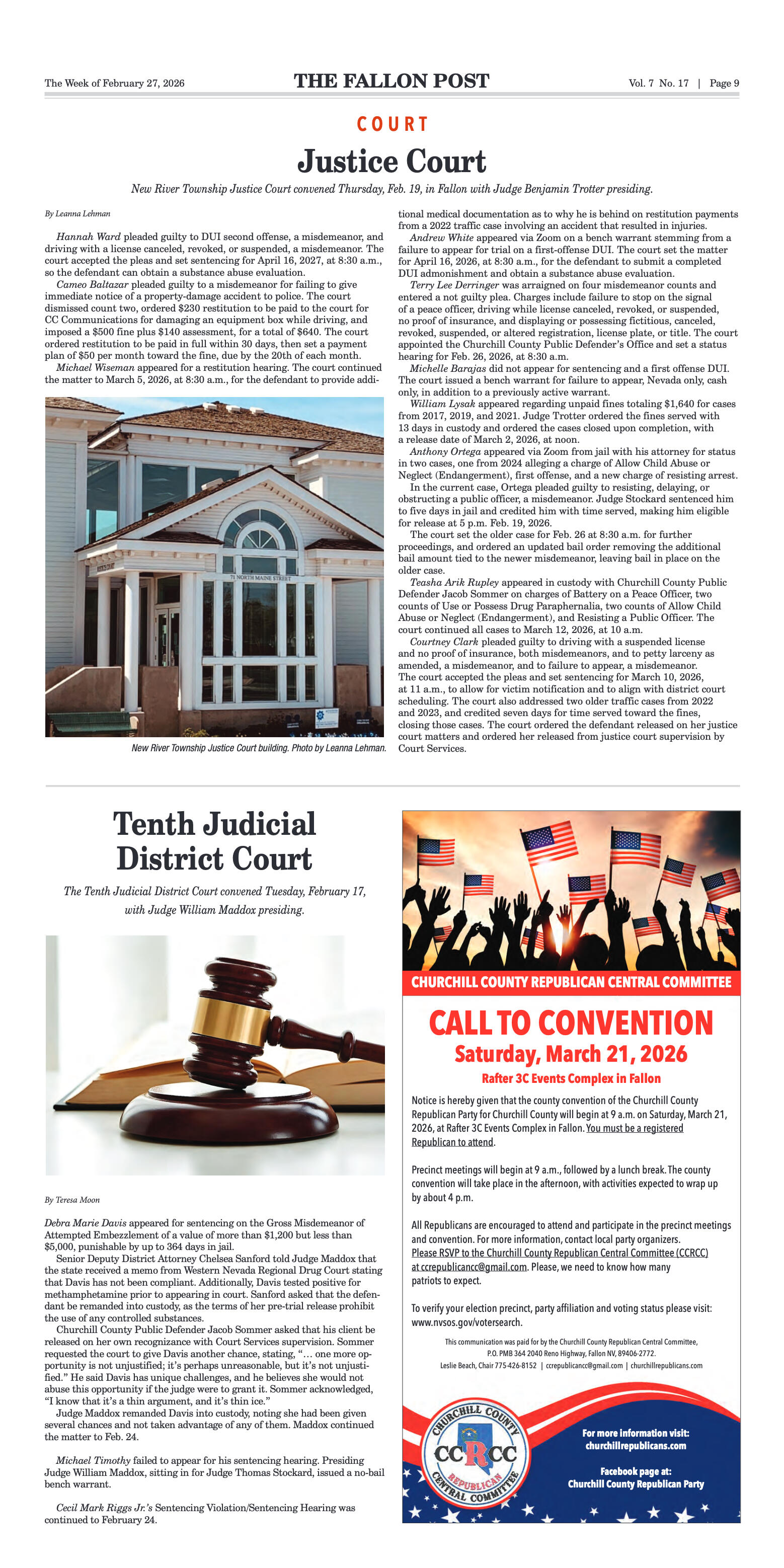
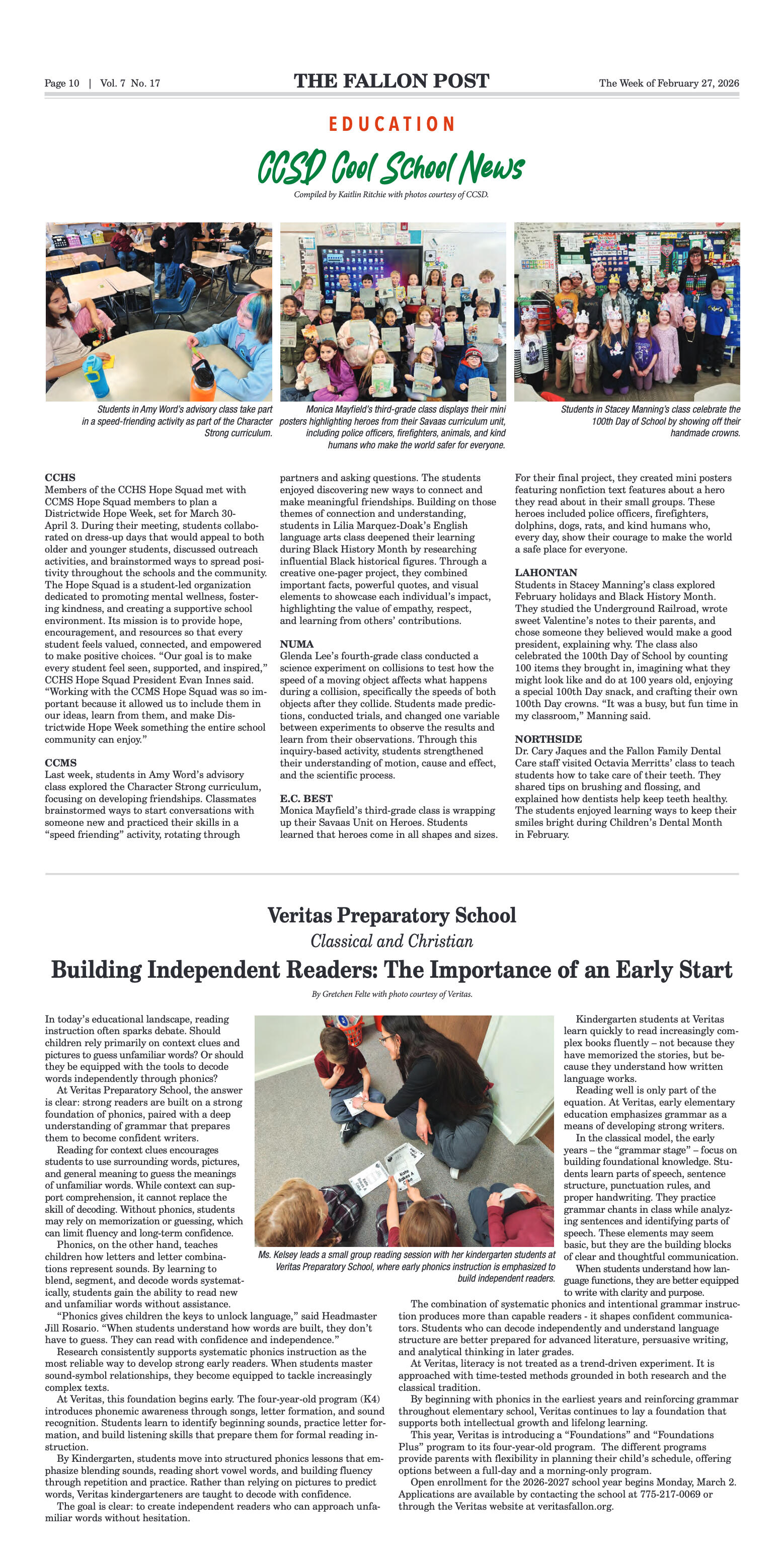
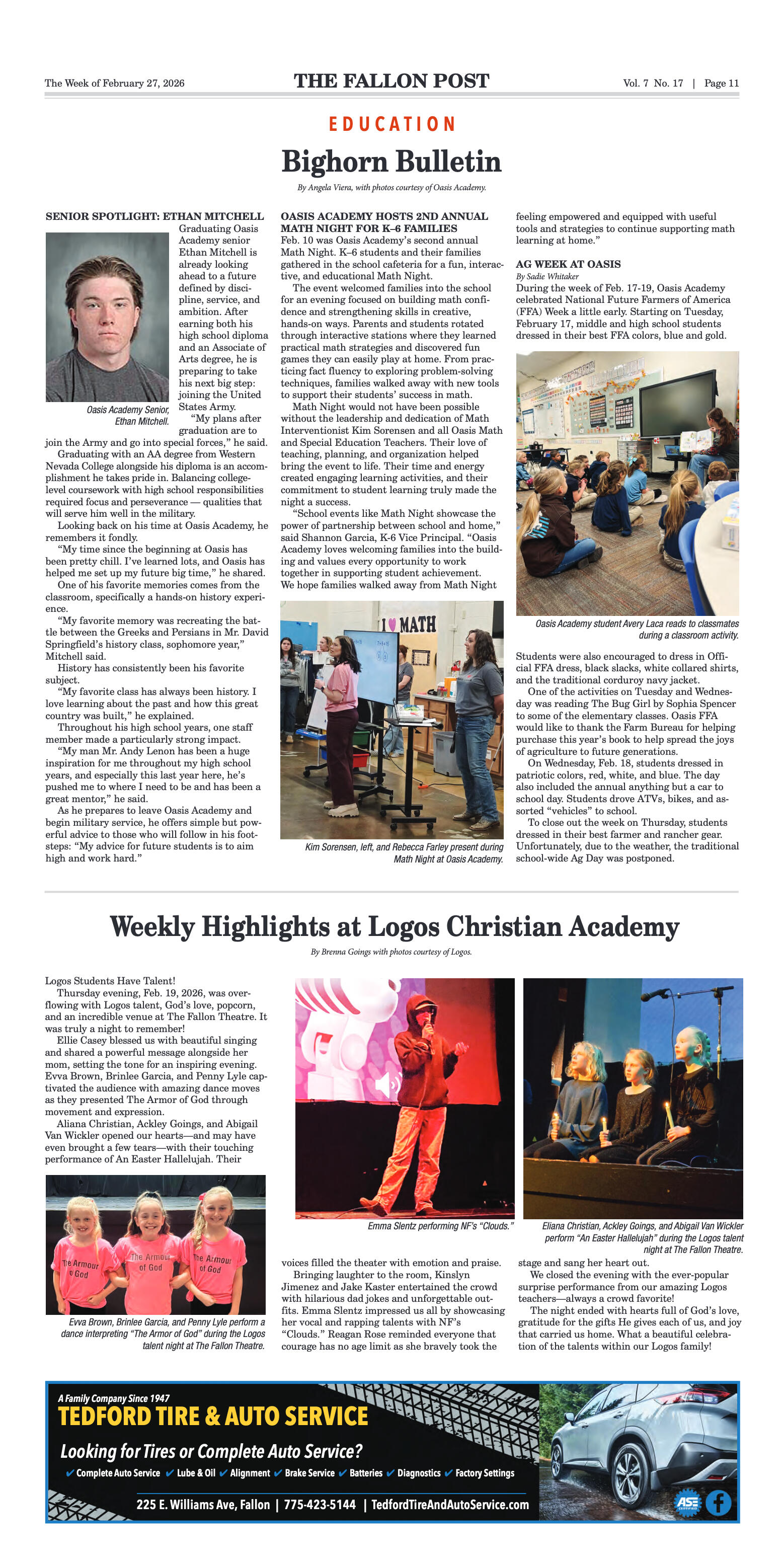
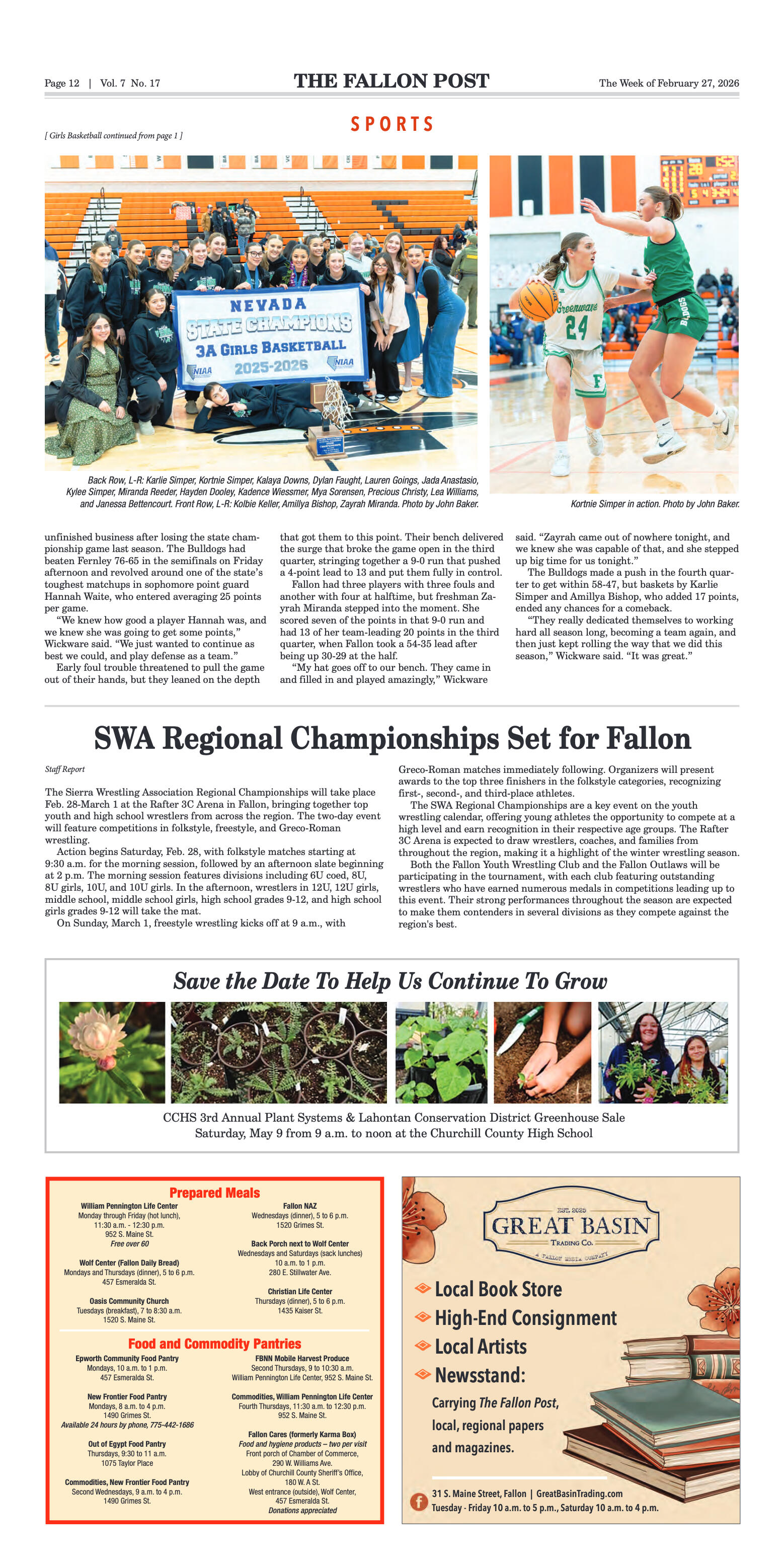
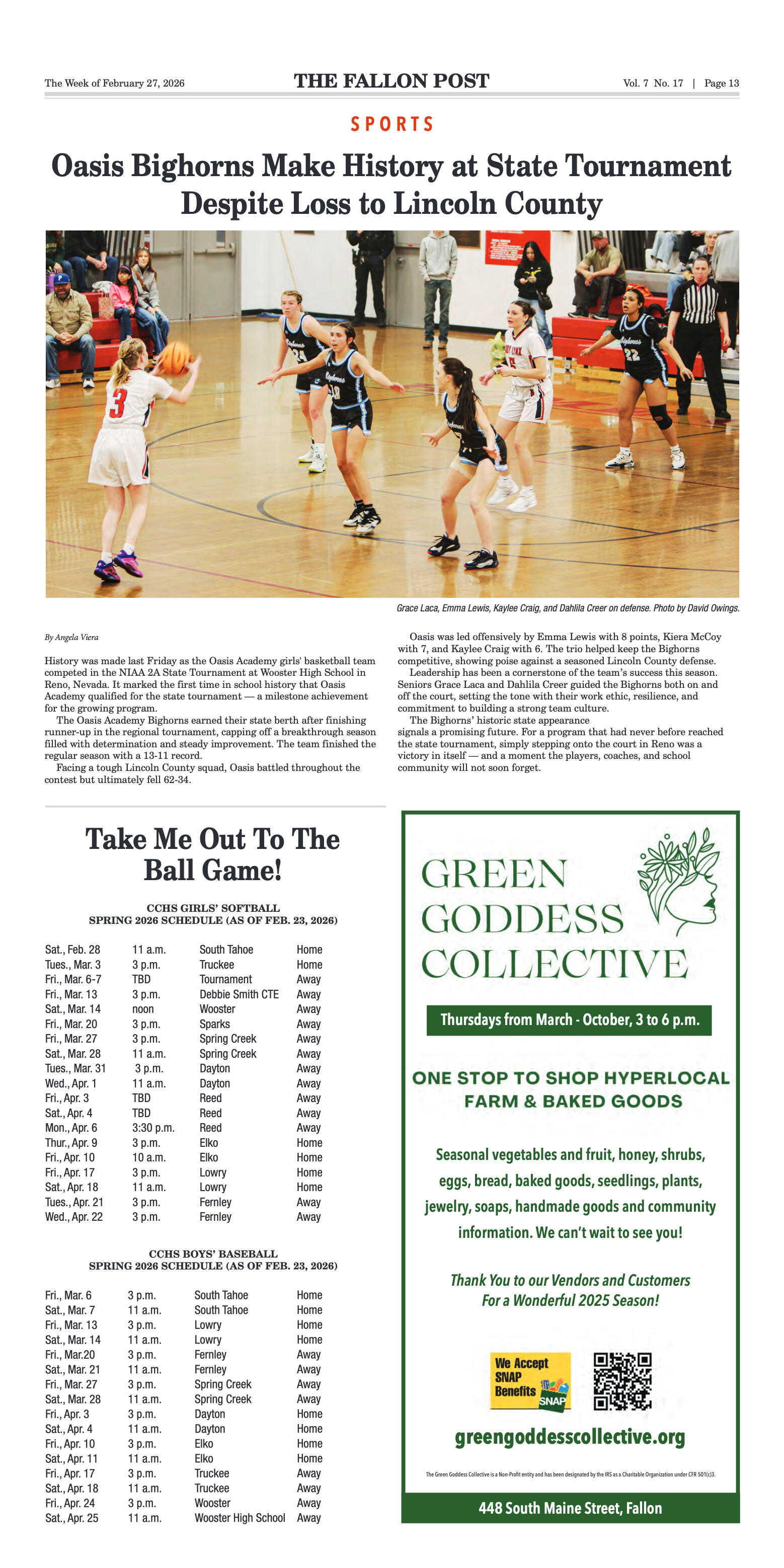
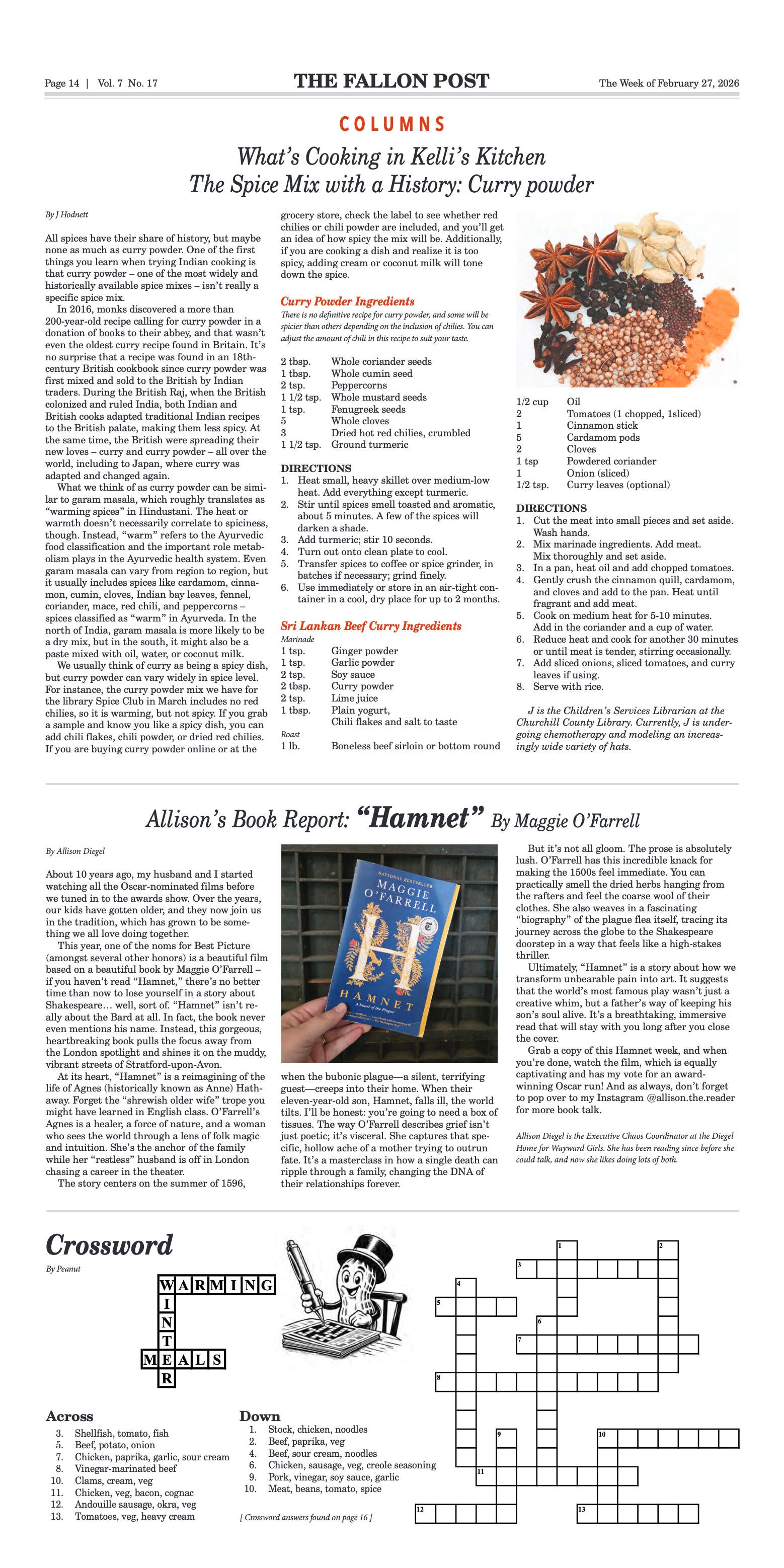
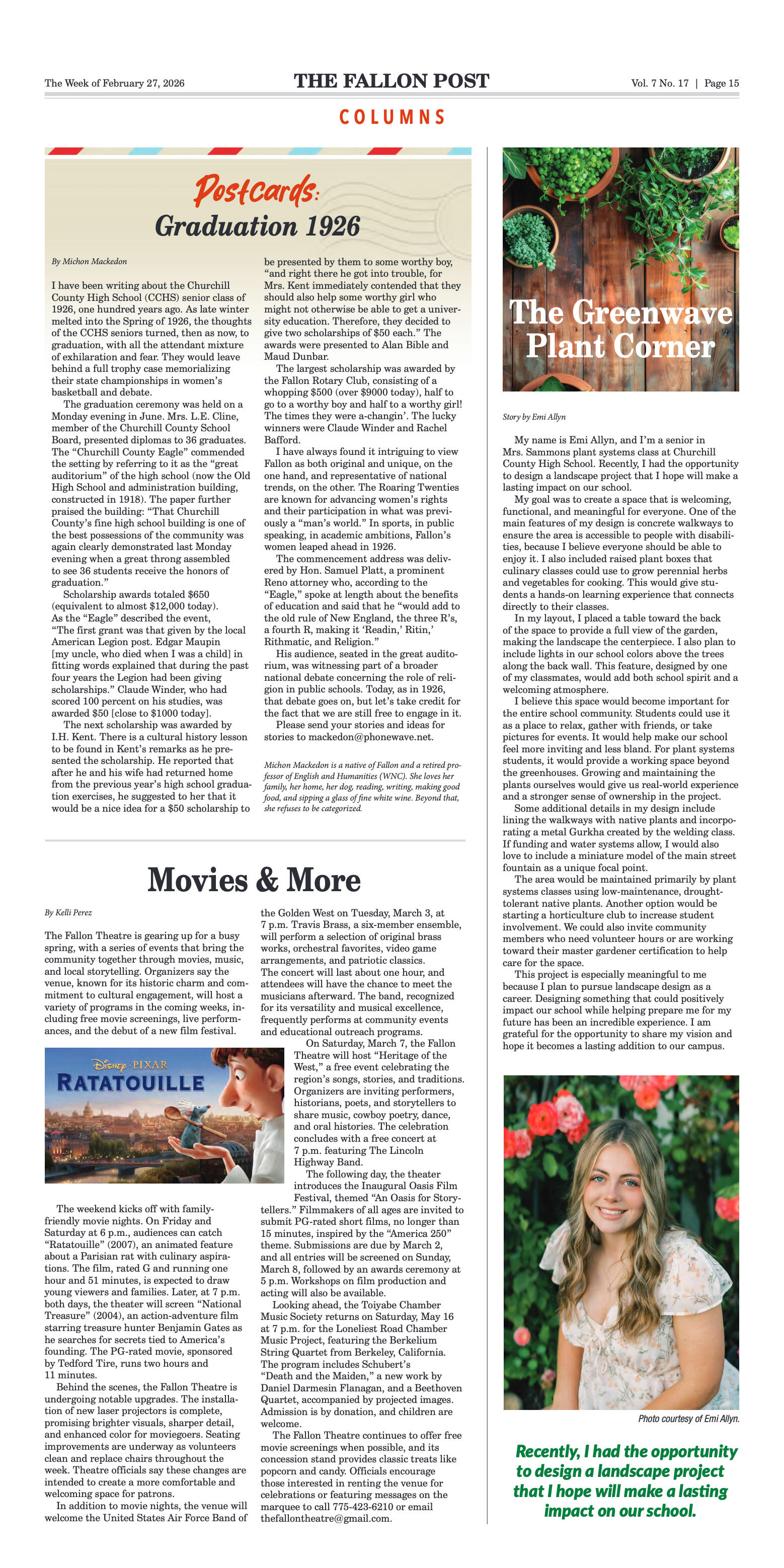






















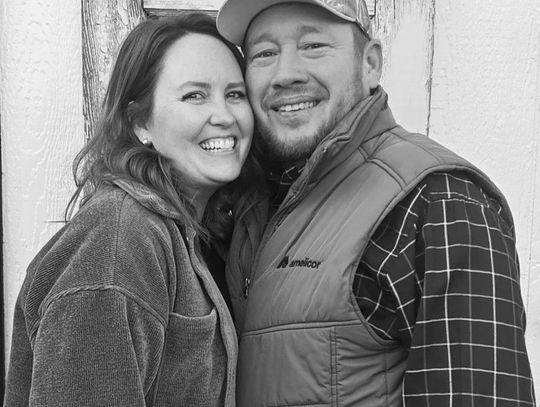

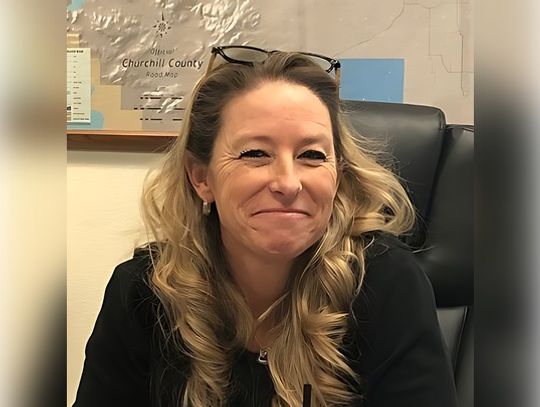
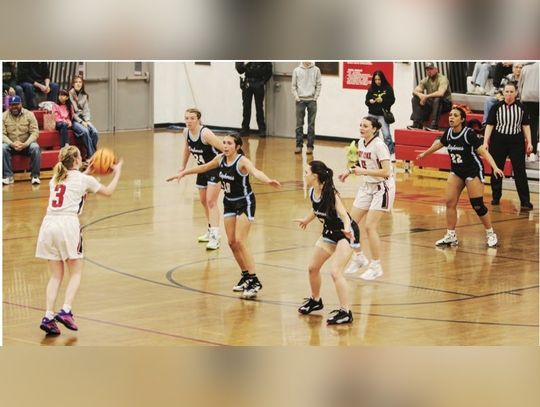

Comment
Comments